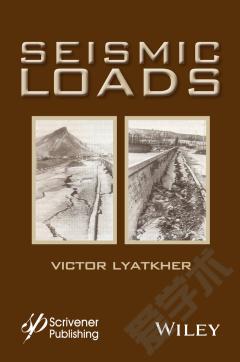Seismic Loads
Earthquakes are a way of life on Earth, and, whether you live in an area that is often affected by earthquakes or not, every building, every road, every bridge, and, in fact, almost everything constructed by humans in which we walk, sleep, live, sit, or visit, has to be constructed to withstand an earthquake, by following local, regional, or national codes, laws, and regulations. Further to this, the science and engineering behind these constructions go further than what is mandated by government as a part of their practice. All construction, and, in general, all life on Earth, has some risk of seismic impacts. A comprehensive description of any seismic action may be given only on a probabilistic basis and, in general, is very bulky and quite uncertain. However, for a variety of structures or systems that meet fairly simple models of behavior during earthquakes, a general description of the seismic action is not required, for prediction of the status of such facilities or systems may be sufficient to define one or more common parameters of seismic impact. Thus, it makes sense to search for optimal parameters of influence in which optimality is understood with the greatest ease with sufficient information. This book contains a description of several models of seismic effects and examples of implementation of these models at specific sites. Using this information, scientists and engineers can design structures that are stronger, safer, and longer-lasting. It is a must-have for any scientist, engineer, or student working in or researching seismic loads and constructions with a view toward withstanding seismic activity.
{{comment.content}}








 京公网安备 11010802027623号
京公网安备 11010802027623号